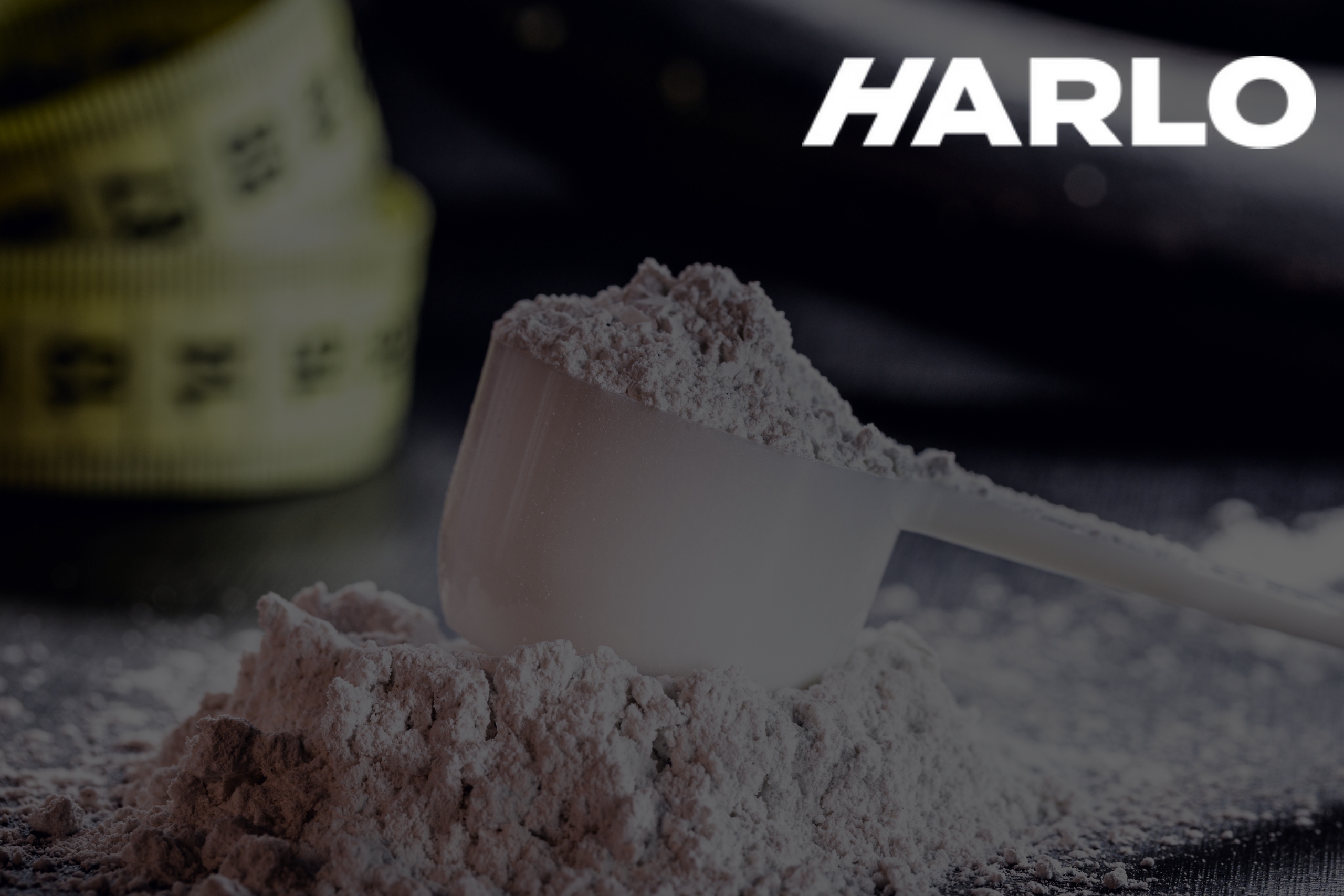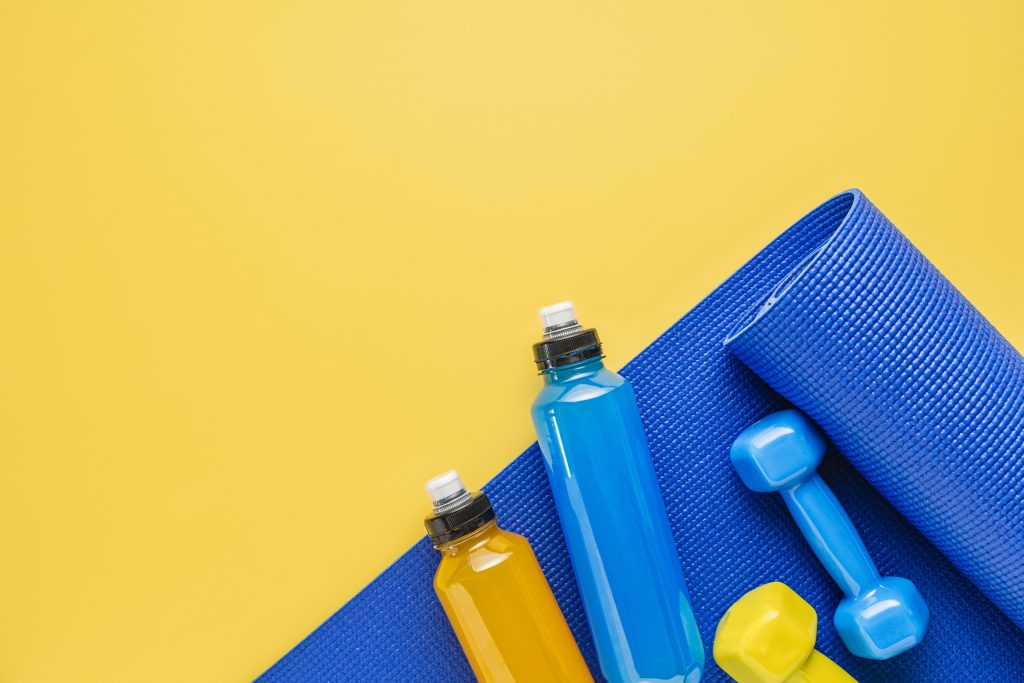5 Refreshing No Sugar Electrolyte Drinks For A Healthy Workout

We’ve all heard of electrolytes, but do we really know how important they are, especially when we’re working out hard? Electrolytes are important for our performance and health, but people who are fitness fans, athletes, or just starting a vigorous exercise program often forget about them. But these very small charged particles are very important for keeping the body hydrated, for nerve signals, for muscle movements, and for all of its other processes. During a tough workout, you’re sweating a lot and pushing your body to its limits. Electrolytes like sodium, potassium, magnesium, and calcium are lost every time you sweat. By not replacing these fluids, you put yourself at risk for becoming dehydrated, getting muscle cramps, having less energy, and even performing worse in sports. Now, let’s talk more about why electrolytes are so important during hard workouts and how they can help you reach new fitness goals.
The Role of Electrolytes in the Body
Minerals called electrolytes have an electric charge when they mix with body fluids. In many ways, these charged particles are very important to the body, especially for keeping muscles working properly. Potassium, sodium, calcium, and magnesium are some of the most important ions for muscle performance.
One mineral that helps nerve signals travel and muscles contract is potassium. It is very important for keeping the balance of liquid inside cells. Sodium, on the other hand, helps nerve signals travel and muscles contract. Calcium is an important mineral for keeping bones strong and for making muscles move. Magnesium also helps muscles relax after they have been contracted.
Electrolytes do many things in the body, like keeping the pH level right, balancing the amount of fluid in the body, and helping nerve cells talk to each other. They also help muscles rest and contract, including the heart muscles that make the heart beat. Electrolytes also help you stay hydrated by controlling how water and other fluids move inside your cells.
If your chemical levels are off, you could get cramps, weak muscles, an uneven heartbeat, or other health problems. Because of this, it is important to keep the body’s electrolytes in balance by eating a healthy diet full of foods that are high in these minerals.
Effects of Electrolyte Imbalances
When the amounts of electrolytes in the body are off, this is called an electrolyte imbalance. Electrolytes are minerals that are electrically charged and are very important for many body processes. Some of these are keeping the body’s fluid balance, controlling nerve and muscle function, and making sure the acid-base balance is right. When these amounts are out of whack, different signs may show up.
Muscle cramps or weakness are a common sign of chemical abnormalities. Having electrolytes like magnesium and potassium in your body is important for muscle movements. Muscles might not work as well when their amounts are too low, which could cause cramps or weakness. Electrolyte changes can also cause an uneven beating, since ions like sodium and potassium help the heart work normally.
Low amounts of fluids can also be bad for your health in general. Electrolyte problems can make you dehydrated if they get bad enough, especially if the salt amount is too low. Many problems can happen when you’re dehydrated, such as feeling dizzy, confused, or even passing out. Electrolyte changes can also make it harder for the body to receive nutrients, which can lead to hunger over time.
Keeping the right mix of fluids in the body is important for keeping it working right. Electrolyte-containing drinks, like sports drinks or electrolyte treatments, can help your body get back in balance. A healthy meal full of fruits, veggies, and whole grains can also give you a lot of different fluids. If you have signs that won’t go away or serious changes, you need to see a doctor right away to avoid more problems.
Sources of Electrolytes
Electrolytes are minerals that when mixed with water give off an electric charge. They’re very important for keeping the body’s fluid balance, nerves working, muscles contracting, and many other things. A lot of people choose sports drinks and pills to get electrolytes back, but there are also a lot of natural sources that can do the job just as well.
Coconut water is one of the best known natural ways to get nutrients. It has a lot of potassium, magnesium, calcium, and sodium, which makes it a great drink for sports and people who do a lot of physical activities. To add to this, foods like oranges and bananas are high in potassium and are great for replacing electrolytes.
Watermelon is another natural source of fluids that is easy to get. Not only does it keep you hydrated, but it also gives you minerals like magnesium and potassium that your body needs. Along with minerals like magnesium and potassium, leafy greens like spinach and kale are also full of them.
Eating and drinking things that are high in electrolytes has many benefits. To begin, they help keep the body’s fluid balance by replacing the salts that are lost when you sweat and do other physical functions. This is very important when you are working out hard or when it is hot outside. Electrolyte-rich foods and drinks also help muscles work right and keep them from cramping. In addition to helping nerves send signals, they also help keep the heart healthy by controlling the heartbeat and blood pressure.
Commercial Electrolyte Drinks vs. Homemade Options
Electrolyte drinks sold in stores, like sports drinks, have become more common over the years. They are advertised as an easy and quick way to replace electrolytes that you lose when you work out hard. There are, however, some things that might not be as good about store-bought choices compared to homemade ones.
One big problem with commercial electrolyte drinks is that they have a lot of sugar in them. Many of these drinks have too much sugar in them to make them taste better, which is bad for your health. If you drink these drinks often, you might gain weight, get cavities, and have a higher chance of getting long-term diseases like diabetes.
Another problem is that commercial drinks often have fake ingredients added to them. These drinks are full of fake flavors, colors, and sweeteners to make them last longer and taste better. Some studies have shown that these additives can be bad for your health in general, causing things like allergic responses and stomach problems.
Homemade electrolyte drinks, on the other hand, are better for you. When you make your own electrolyte drinks, you can choose which items to use, so you can avoid adding too much sugar or fake flavors. To make your own, all you need is water, natural fruit juice, and a pinch of salt. This will give you the fluids you need without adding anything bad.
In addition, making drinks at home saves money. When you think about the high prices, buying commercial electrolyte drinks on a daily basis can be hard on your wallet. Making your own drinks can save you money and give you peace of mind that you know exactly what you’re eating.
Description of No Sugar Electrolyte Drinks
Not any sugar Essential elements like sodium, potassium, magnesium, and calcium are found in electrolyte drinks, which don’t have any added sugar. ions are lost when you sweat during exercise or physical action. These drinks are made to replace those ions.
Electrolytes are very important for keeping the body working right. They control the pH levels, brain activity, muscle movements, and the balance of fluids in the body. People who do a lot of hard physical activity sweat a lot, which means they lose fluids. This can lead to thirst, cramps, tiredness, and worsened workout ability.
Electrolyte drinks with no added sugar are an easy and effective way to refill the electrolytes that are lost and refresh the body without eating extra sugar. There are several reasons why sugar-free choices can help you reach your health and exercise goals. First, eating too much sugar can make you gain weight, get cavities, and raise your chance of getting long-term diseases like diabetes and heart disease. By choosing sugar-free electrolyte drinks, people can escape the health problems that come with eating too much sugar.
Sugar-free electrolyte drinks are also especially helpful for people who are on a low-carbohydrate or ketogenic diet. These drinks can help people keep their electrolyte levels in check without getting in the way of their eating plans.
Benefits of Consuming Electrolyte-Rich Foods and Drinks
An important part of keeping your body hydrated, nerves working, muscles working, and all of your body’s processes running smoothly is electrolytes. We lose these fluids when we sweat during a workout, which can make us thirsty and make us perform worse.
Before, during, and after a workout, eating and drinking things that are high in electrolytes can help our bodies replace the minerals they lose and keep them working right. You can get a healthy boost from these 5 electrolyte drinks that are both cool and don’t have any added sugar:
- Coconut Water: Potassium and magnesium are naturally found in coconut water, which is an element. Because it’s low in sugar and calories, it’s a great way to stay hydrated while working out.
- Watermelon Electrolyte Drink: For a cool and hydrating electrolyte drink, blend watermelon, cucumber, mint, and a pinch of salt together. Cucumber adds extra water, and watermelon is full of calcium and potassium.
- Lemon Lime Electrolyte Drink: For a sour and refreshing drink, mix fresh lemon and lime juice with water and a pinch of honey. These fruits, lemons and limes, are great for replacing fluids during a workout because they are high in potassium and vitamin C.
- Chia Seed Electrolyte Drink: For a drink that hydrates and wakes you up, mix chia seeds with water, lemon juice, and a pinch of salt. Chia seeds are a great source of fluids because they have a lot of fiber, magnesium, and potassium.
- Herbal Tea Electrolyte Drink: To make a soothing and hydrating electrolyte drink, use plants like mint, lemon balm, and chamomile to make herbal tea. Herbs have many vitamins and chemicals that can help your body replace the fluids it loses when you work out.
Adding these tasty electrolyte drinks with no added sugar to your workout routine can help you stay hydrated, keep your muscles working well, and improve your general performance. To avoid chemical issues and improve your physical ability, remember to drink water before, during, and after your workouts. Choose natural sources of electrolytes over sugary sports drinks, which can make you dehydrated and cause other health problems. With these tasty and healthy choices, you can stay hydrated and motivated during all of your workouts.

Conclusion
Adding these hydrating, no sugar electrolytes to your workout routine can help you stay refreshed, replace lost minerals, and improve your performance. You can help your health and fitness goals by choosing natural sources of fluids and staying away from extra sugars. These tasty and hydrating options will help you stay motivated and refreshed during your workouts.
